SUMMARY
This is AI generated summarization, which may have errors. For context, always refer to the full article.
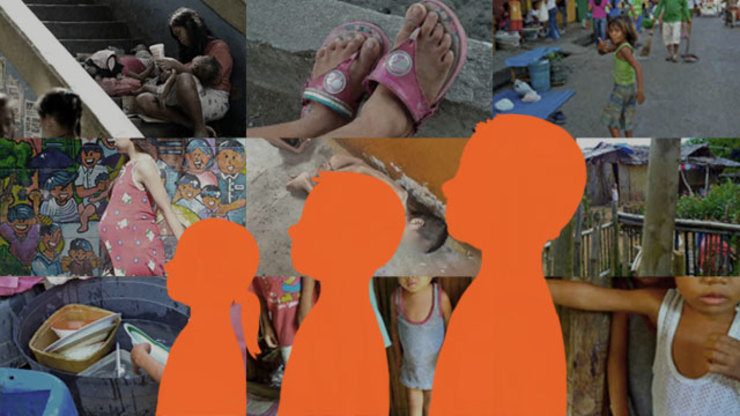
MANILA, Philippines – 2014 was the year of children.
On the first year of Rappler’s #HungerProject, we learned about the untold stories of children: the abused and abandoned, the nomads, the unwanted, and sadly, the ones who could not make it to 2015.
We met children who literally played with fire, whose playgrounds stood on coal and trash. We met parents who wanted to support their families, but didn’t know how. We met those who traded their childhood for cash and a better chance of survival.
They have been around for years, but their stories were mostly left in the hands of a few non-governmental organizations (NGOs) quietly working in the background.
In the past year, the #HungerProject – Rappler’s advocacy platform for hunger-based issues – built a network of NGOs, advocates, and netizens pushing for a healthier and less indifferent Philippines.
Let’s look back at some of the #HungerProject’s stories that made an impact on you, our readers:
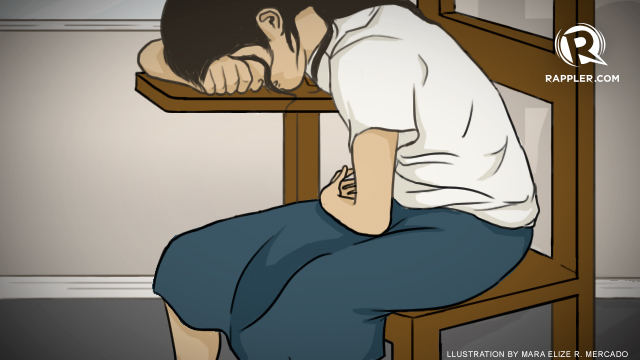
It’s an old story: children going to school without breakfast, staying without lunch, and even going home to no dinner. These children are running on nothing but junk food, and a few prayers in between.
We all know it, although not all of us experience it — hungry bodies prevent hungry minds from learning properly. For many children, it’s their daily reality.
The story has been shared over 52,000 times on social media, reminding us that Filipino children are some of the world’s unhealthiest. Comments ranged from anger to disbelief, urging the government to do more. After all, these children will grow up to become the country’s backbone. We don’t want them to be brittle, do we?
Children who had a rough start at life will continue to face health problems as adults. The school performance of children today can shape the country’s economy tomorrow.
Discussions on children’s health led to deeper conversations on poorly implemented laws, bills languishing in Congress, and innovative but unsupported solutions.
More than a hundred stories later, Senator Grace Poe finally caught the public’s attention by delivering a speech emphasizing the plight of hungry children. Just like the lawmakers who came before her, her proposal to establish a nationwide school feeding program remains pending.
In 2015, can Filipino children expect change?
In 2014, the Philippine population reached 100 million. In the coming years, there will be millions more; some will be born to a life of love and comfort, but others will live the opposite.
We met children who ate soil. We saw their bloated bellies, thin hair, and skeletal frames. This is what malnutrition looks like, we see it almost every day.
They had sticks and stones for a stove, and rarely did they eat. Their parents were always away at work, a laundress and a farmer trying their best to keep up with life. Life, however, can be demanding. Poverty, as it turns out, is not the only culprit. Many parents, as well as governments, lacked knowledge on how to properly care for children.
Change, as netizens suggested, must start with the parents. Hunger, after all, can begin in the womb.
This family in rural Capiz is not alone; many others, including those in urban settings, experience the same.
How ironic is it that those working in the agriculture sector – frontliners in feeding the Philippines – are usually the hungriest?
A netizen was frustrated to learn this story and got in touch with us; she sent the children a care package through one of our partner NGOs, Action Against Hunger (ACF). This is what the #HungerProject aims to do: connect readers with other stakeholders who can help them translate advocacies into action.
My childhood in the streets
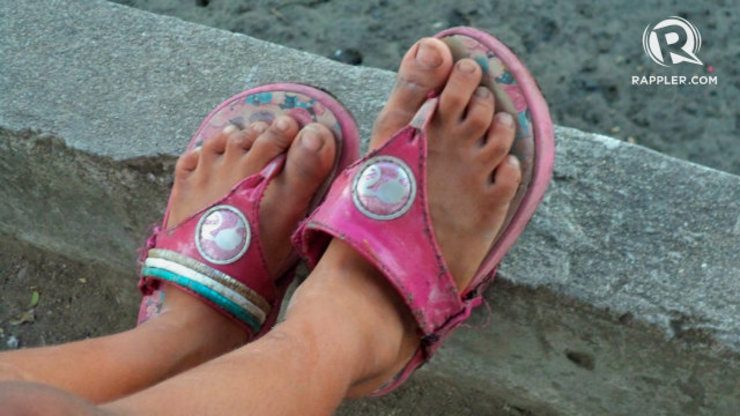
We met children growing up in the streets or in dumpsites, with or without guardians.
Some were pushed into a life of crime; instead of rehabilitation, they met a dead-end. Others fell prey to the ill desires of others.
Some made it out, with the help of either NGOs or themselves; while others were taken into poorly managed government centers, only to be treated like dirt. Who can forget Frederico? The boy’s story began on the streets, landed on Facebook, a protest in Manila, then the Senate.
It only took two months of media reports and online petitions to nudge the DSWD and the Commission on Human Rights to start an investigation into the condition of welfare centers for children.
In 2015, can we expect more of this swift action from the government?
Frederico proved that citizens and the media can work together in bringing about social change. Frederico’s story, however, is not yet over. Many others like him remain in the streets, living each day with uncertainty.
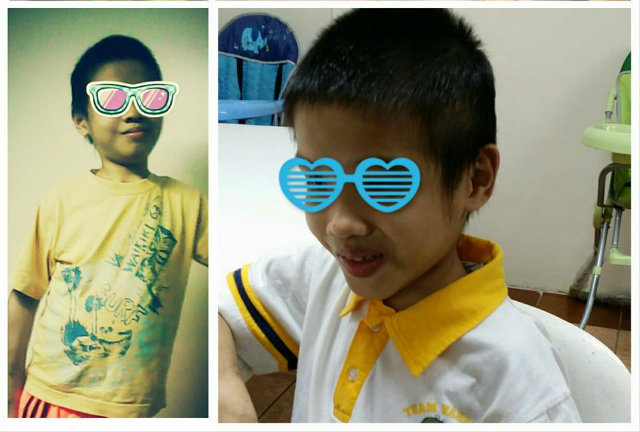
Although governments, NGOs, and individual advocates have been trying their best to reach out, the reality is that there will always be too many street children. The sadder reality is that nobody wants to adopt them, not even their real families.
Many of these children will no longer be with us in 2015. Must we wait to lose more children to solvable problems like hunger, poverty, and apathy?
We have met all these children this year; we learned about their problems, sought solutions, called on the government, and hoped for better support.
In 2015, the #HungerProject will continue to report on such issues not only through storytelling, but through stronger cooperation with like-minded parties who also want to make a difference.
Join us again next year. Be part of the solution, be part of the #HungerProject. – Rappler.com
Email your stories and ideas to move.ph@rappler.com
Add a comment
How does this make you feel?
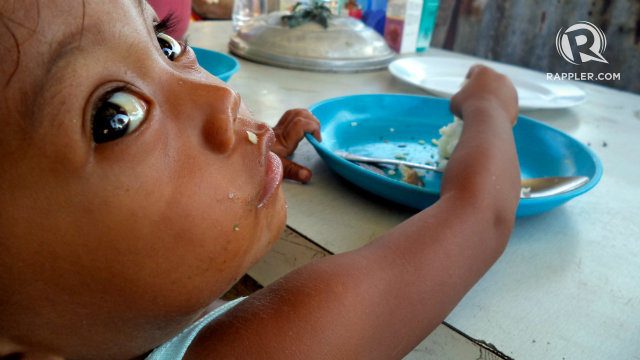





There are no comments yet. Add your comment to start the conversation.